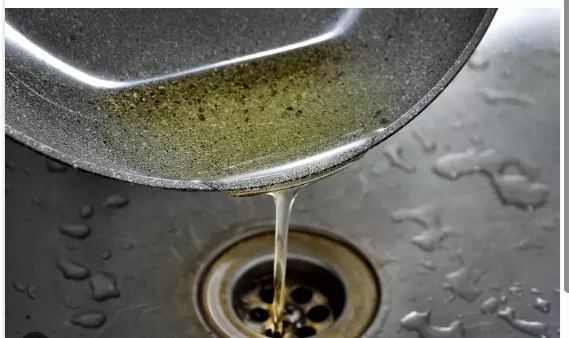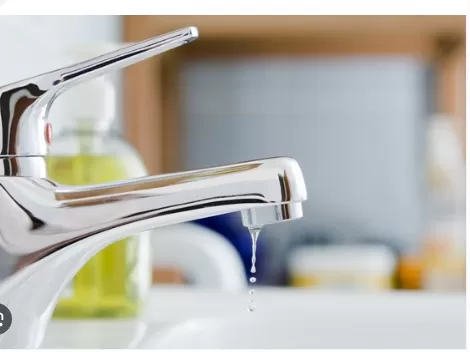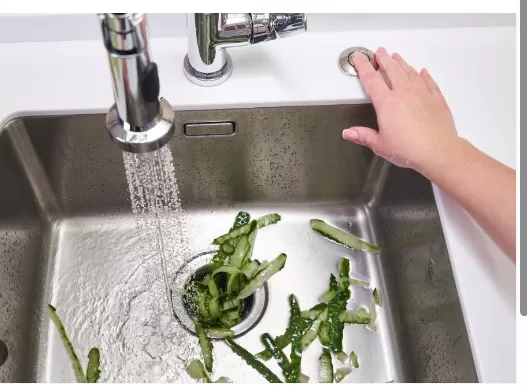Insights from Your Plumber: 5 Things They Wish You Knew. It can be frustrating when plumbing issues arise at inconvenient times, leading to higher service fees. However, it’s essential to understand that plumbers also prefer regular working hours and uninterrupted schedules.
The good news is that many plumbing problems can be prevented or resolved inexpensively if addressed early on. To help you and your plumber enjoy uninterrupted weekends and peaceful nights, we’ve compiled a list of things your plumber wishes you knew. By following these tips, you can minimize the likelihood of plumbing emergencies and costly repairs. Proactive measures such as regular maintenance, proper use and disposal of household items, and early detection of leaks or clogs can go a long way in keeping your plumbing system in good shape. By working together, you can maintain a functional and stress-free plumbing system while ensuring your plumber’s services are needed less frequently during inconvenient times.
The Consequences of Pouring Grease Down the Sink

Pouring grease down the kitchen sink can lead to costly plumbing issues.
When bacon grease, frying oil, or other fatty substances are disposed of in this manner, they solidify and coagulate as they cool. Consequently, these solidified fats create stubborn clogs in your drainpipes, potentially causing backups in your home’s plumbing system.
To prevent such problems, it is essential to adopt a smarter approach. Instead of pouring fat drippings down the drain, allow them to cool.
Then, scrape the grease into a non-recyclable container and dispose of it in the appropriate garbage receptacle. By taking this simple step, you can avoid the need to hire a professional to unclog your drainpipes and the associated expenses.
Protecting Old Pipes: Say No to Caustic Cleaners
When faced with a slow-draining sink or tub, it’s important to consider the impact of caustic oxidizing chemicals commonly found in conventional drain cleaners, especially if you have old pipes.
Over time, these harsh chemicals can cause corrosion and leaks in the drainpipes. Instead of reaching for these aggressive solutions, opt for a natural drain cleaner that utilizes enzymatic action to break down clogs. Although the natural alternative may work more slowly than caustic chemicals, it offers a gentler and safer approach that preserves the integrity of your pipes. By avoiding caustic cleaners, you can protect your old pipes from potential damage and ensure their longevity.
Preventing Frozen Pipes: The Importance of Dripping Faucets

If you’ve experienced the inconvenience of frozen pipes before, it’s crucial to take proactive measures to prevent a recurrence when the weather turns cold.
Failure to do so can leave you without water and increase the risk of burst pipes. To safeguard against freezing, particularly during overnight temperature drops, consider employing a simple yet effective solution: leave your faucets dripping.
By opening the tap just slightly to establish a steady drip, you can significantly reduce the likelihood of frozen pipes. This quick fix can save you from the potential disaster of frozen plumbing during the winter season.
Keeping Your Sink Leak-Free: Say No to Clutter Underneath
The drain traps located under your sink play a crucial role in preventing sewer gases from entering your home while allowing wastewater to flow freely.
Additionally, these traps serve as catchers for items such as jewelry or debris that may accidentally fall into the sink. With screw-on joints connecting them to surrounding pipes, drain traps are easily removable for cleaning clogged drains. However, when these joints become loose, they can result in under-sink leaks. To avoid such leaks, it is essential to keep the area beneath your sink free from clutter. Take care to separate trash cans, cleaners, or fire extinguishers from the trap to prevent any accidental bumps or disturbances that could loosen the joints. By maintaining a clutter-free environment, you can ensure that your household essentials do not interfere with the integrity of the pipes, ultimately keeping your sink leak-free.
Proper Usage of Garbage Disposals: Avoid Treating Them as Trash Cans

Garbage disposals often rank as one of the least-liked appliances among plumbers, primarily due to homeowners’ incorrect usage.
Despite their name, garbage disposals should not be treated as a secondary trash can. They are not designed to handle large quantities of food waste, nor can they efficiently process fibrous foods like celery and potato peels, which are prone to causing clogs.
To protect your sink and maintain a properly functioning disposal, it is important to adopt the following practices:.
Dispose of food scraps in a compost pile instead of relying solely on the disposal.
When using the disposal, make sure to rinse the ground food down the drain with ample water.
This helps flush out the waste effectively.
By understanding the limitations of garbage disposals and adopting appropriate usage habits, you can avoid unnecessary clogs and ensure the longevity of your plumbing system.
*The information is for reference only.